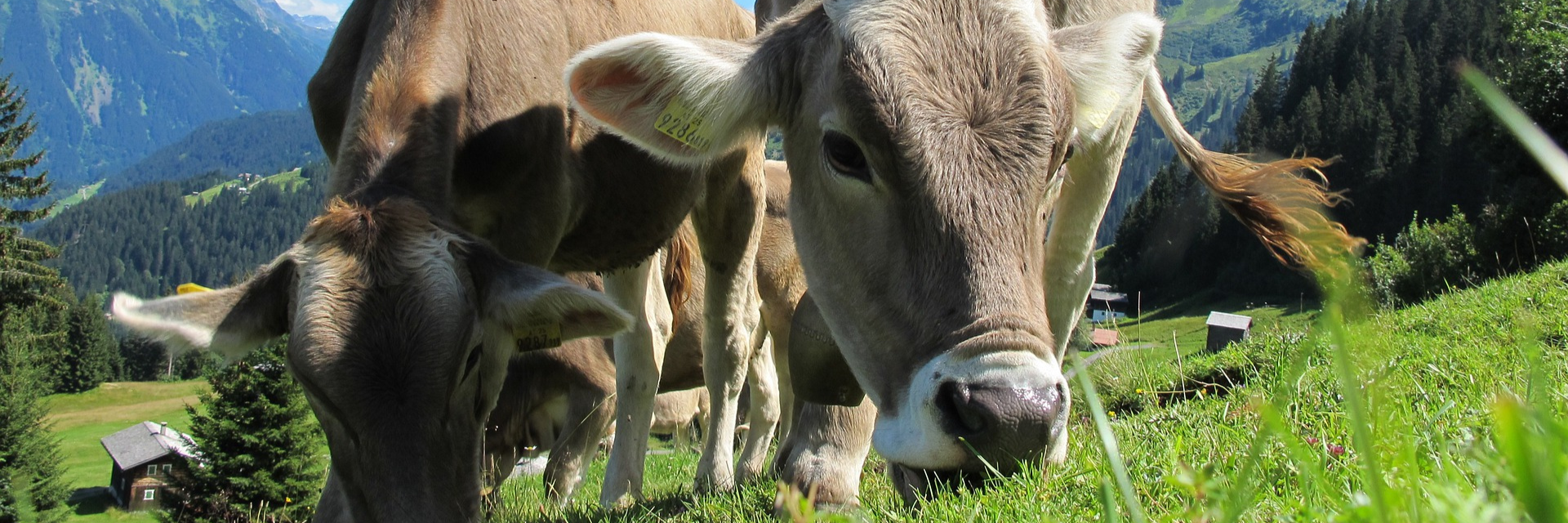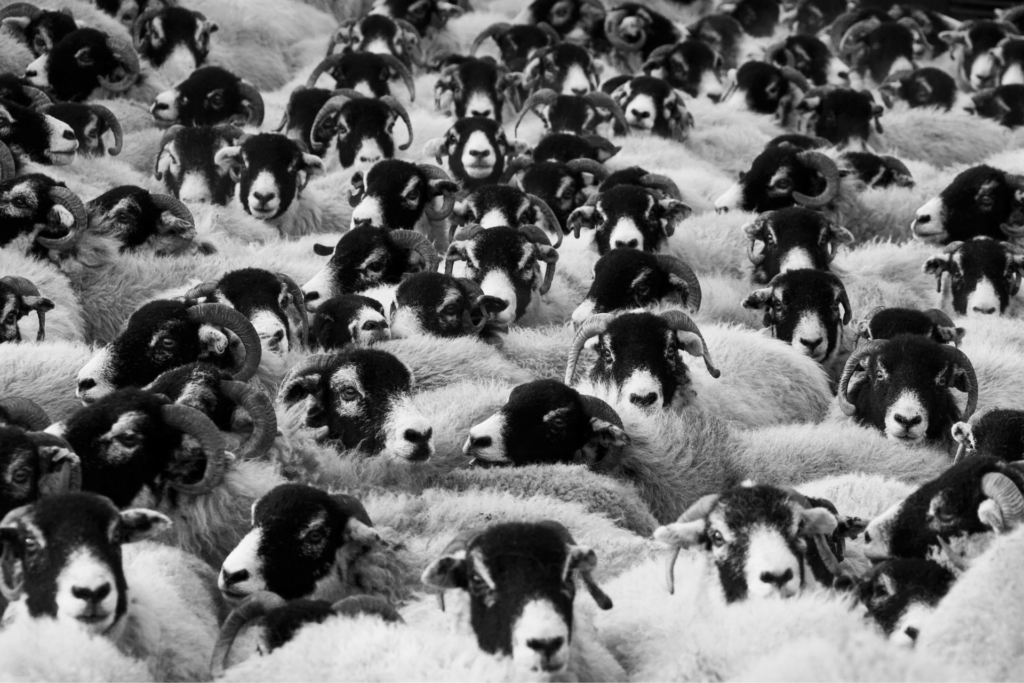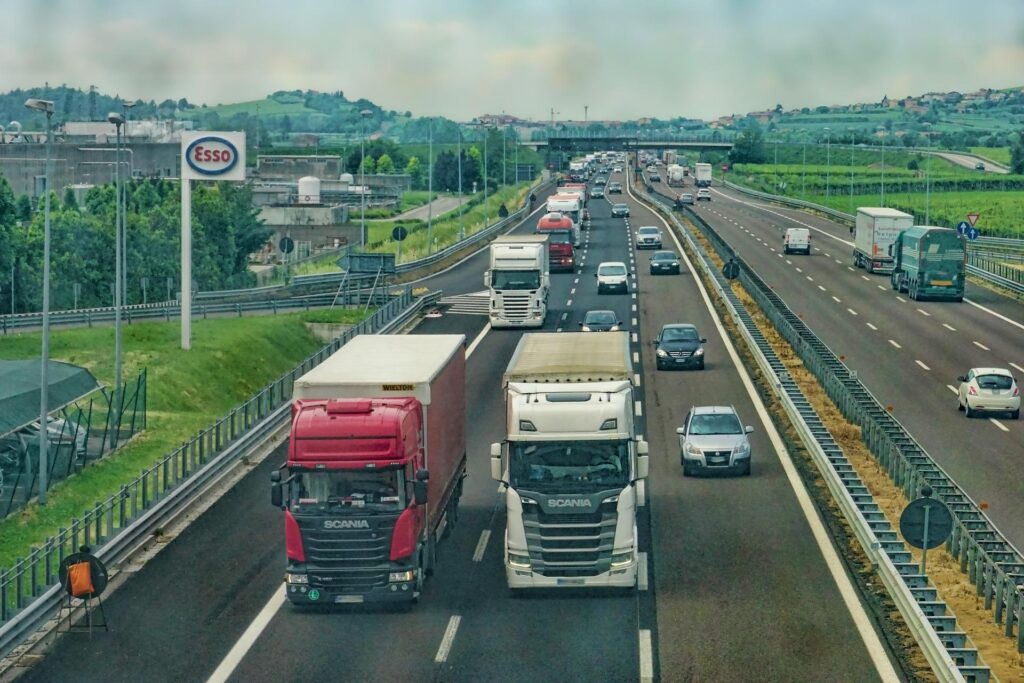
Ethical Farming: What is it?
Ethical farming is an evermore important topic in the modern world as the population becomes increasingly concerned with where their food comes from and the processes that are undertaken to have it on the shelves. With the rise of demand comes cutting corners to save time and money. This usually results in the numbers of ethically raised livestock dwindling and ethical farming practices being forgotten in the name of efficiency.
This article will educate about what ethical farming is and how current approaches aren’t adhering to it.
What is ethical farming?
Ethical farming, by definition, is the practice of producing food with consideration to environmental protection, public health, and animal welfare. Ethical farming concerns more than the treatment of livestock, but with the condition of Earth itself, and how farming can negatively affect it. Environmental consciousness is vital for livestock production, as it can be easy to forget how much damage we inflict on our planet as a result of agriculture.
Ethically raised animals are raised, handled, and processed using humane practices that generate minimal stress levels. This can be done by maintaining some degree of normality for the animals during their lives, and providing them with spacious living solutions. Especially for animals like cows, which is discussed further, below.
Industrially produced meat VS ethically raised livestock: Feeding and consequences
To keep up with the ever-increasing public demand for meat, vast amounts of space are required to house the billions of animals slaughtered each year and grow the nutritionally void crops that feed them. The negative environmental impacts of these practices and the effects that existing in these conditions have on the livestock produced there promote practices that become the antithesis of ethical farming.
- How are industrially produced animals fed?
Industrially produced animals are fed corn and soy, two foods that grow in abundance very quickly.
The cultivation of the corn and soy used to feed the animals bred into industrial farming requires 173 million acres of farmland in the UK, in addition to a large amount of water and natural resources needed for the crops to grow healthily and quickly.
- How are ethically raised livestock fed?
Ethically raised livestock are raised similarly to how they would be naturally, eating naturally growing and nutritious grasses and fertilizing the grazing areas to develop a well-balanced cycle that is astronomically less invasive than industrial livestock production.

- What are the effects of this?
Industrially produced meat tends to be lower-quality, cheaper, and less nutritious than ethically raised livestock. This is due to multiple factors, including the added hormones and medicines into the food of factory-farmed animals to encourage marketable growth and prevent them from being sick in unsanitary conditions, and the amount of stress they endure.
It has been found that grain-fed beef, normally found in factory farms, has a ratio of 20:1 of Omega 6 fats to Omega 3 fats. This is very different from the 3:1 ratio of grass-fed cows. The reason why this ratio is so alarming is that the more drastic the ratio, the more likely the chance of heart problems, the higher the cholesterol levels, the lower the metabolic rate, and the increased levels of blood pressure.
Additionally, livestock raised on pasture has proven to produce healthier by-products. Developing cuts of meat with lower fat content, calories, and cholesterol. Higher levels of Omega 3, Vitamin A, and Vitamin E. Evidently, ethical farming results in higher-quality and more nutritious meat.
The treatment of industrially produced meat
The treatment of ethically raised livestock can vary. But generally, farms participating in ethical farming practices tend to ensure some normality for their animals and slaughter them humanely when the time comes.
However, industrially produced meat doesn’t often receive this considerate treatment. Animals raised in factory farms are fed growth hormones to ensure they reach a particular marketable weight before being slaughtered en masse. Until this happens, they are housed in tightly compacted and unsanitary conditions that induce high-stress levels and often make the animals sick. They are treated periodically with antibiotics but are never removed from the environment that made them ill.
The instincts of industrially produced livestock are suppressed. Unlike businesses that employ ethical farming practices, they can’t ever live normally. Essentially, these animals are raised to become large enough through unnatural diets to slaughter and sell.
- What happens to growth hormones and antibiotics?
The hormones used to increase the size of these animals beyond any feasible natural measure and the antibiotics used to keep them of average health are excreted into the environment. Fortunately, measures to ensure that no antibiotic residue remains in the meat before it is plastic-sealed and transported to supermarkets are undertaken.

The ethics of meat transportation
One of the leading causes of CO2 emissions is the transportation industry. Being ethically conscious needs to involve the processes that occur after initial meat production and how they affect the environment.
Farms that employ ethical practices tend to sell locally so that the CO2 emitted by the transportation of their meat stays low. Unlike industry-produced meat transported across the country.
Waste reduction
Waste reduction is one of the most ethically conscious practices employed by farms and consumers. The sheer amount of waste produced each year is incredibly unethical. But, by choosing to put each component of an animal to use for consumption or other purposes, we can reduce waste exponentially.
We at Kit Buildings Direct, believe ethical farming is the way forward in agriculture. So, why not browse our livestock buildings today to house your animals more ethically? We have over 40 years of experience building perfect housing for various animals and price our barns competitively. We ensure nothing but the highest quality from our services. Contact us today to request a quote!

